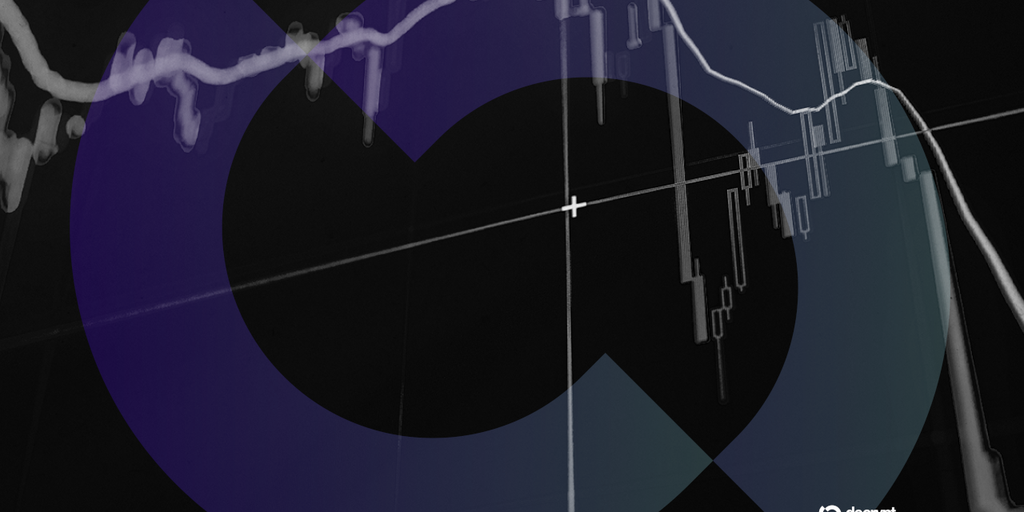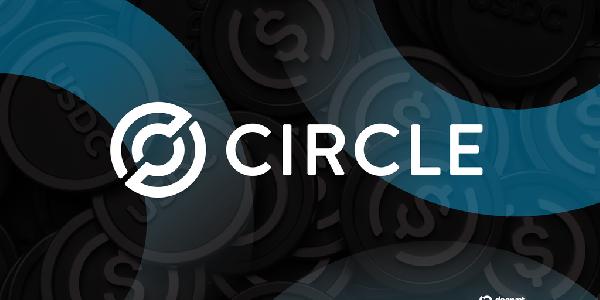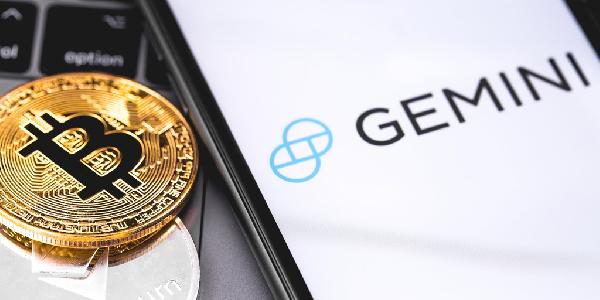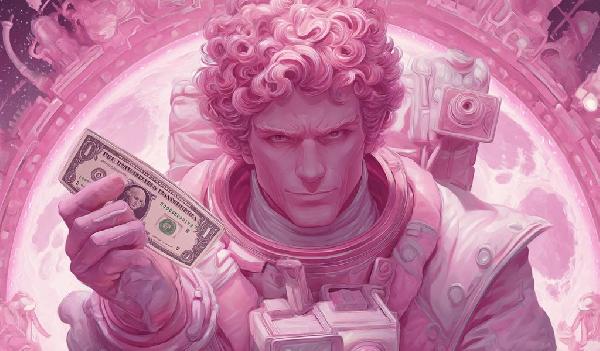The Bank of Korea is considering linking its deposit tokens to a public blockchain, a move that would position its state-backed digital currency alongside private-sector stablecoins operating on open networks.
The tokens will be “a type of stablecoin issued within the digital currency system built and operated by the Bank of Korea,” the bank’s Deputy Governor Lee Jong-ryeol said in a statement Decrypt has confirmed with local sources.
"We are considering a direction in which it will coexist within the entire digital currency system in conjunction with stablecoins issued by the private sector,” the Deputy Governor said at the 8th Blockchain Leaders Club held at the Lotte Hotel in Jung-gu, Seoul on Monday.
Lee said the initiative is being pursued from “a national perspective” and falls under the Bank of Korea’s responsibility as a monetary and foreign exchange authority, according to local news outlet News1 Korea.
The proposal has raised questions about how such a hybrid system might function across jurisdictions.
“It’s not clear how the hybrid model of tokenized deposit plus private-sector stablecoin will necessarily achieve the stated purpose of protecting monetary sovereignty,” Peter Chung, head of research at Singapore-based algorithmic crypto trading firm Presto Labs, told Decrypt.
“Stablecoins on public blockchains will be free to cross borders,” Chung said, noting that “the way to protect monetary sovereignty is not by tinkering with token design or network architecture, but through sound monetary and fiscal policies.”
Meanwhile, the Deputy Governor also raised concerns over the growing use of global stablecoins in South Korea, calling their influx “the most concerning part.”
The official warned that using them as currency substitutes could lead to violations of monetary sovereignty, weakened policy controls, financial instability, and increased money laundering risks.
In the first quarter of 2025, South Korea’s crypto exchanges transferred around $40.6 billion (56.8 trillion won) worth of digital assets abroad.
Nearly half, $19.5 billion (26.87 trillion won), was in stablecoins such as USDT and USDC, according to Maeil Business Newspaper, a local news outlet.
The issue is gaining traction among South Korean political leaders as well. Democratic Party of Korea presidential candidate Lee Jae-myung has proposed launching a won-backed stablecoin to reduce capital outflows and reliance on dollar-denominated tokens.
The Bank of Korea is also part of the Agora Project, a cross-border settlement system with central banks from seven countries.
“It is designed so that a country’s deposit token cannot be used directly in another country,” Lee said.
Globally, stablecoin usage continues to rise. The total market cap now stands at $249.6 billion, up 0.3 in the last 24 hours, per CoinGecko data.
Edited by Stacy Elliott.
Your Email







